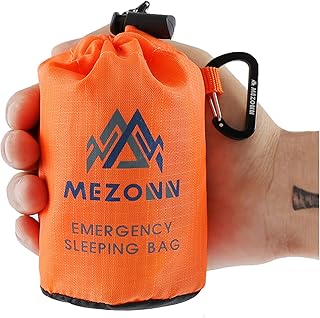Despite widespread efforts to combat misinformation, false conspiracy theories continue to circulate regarding Hurricane Milton, adding to a growing pool of rumors surrounding recent weather events. The dissemination of these baseless claims has prompted strong reactions from both local and federal authorities, as well as politicians, who have condemned the spread of unfounded theories about the origins and nature of the storms.
One prominent figure in the propagation of these conspiracy theories is Rep. Marjorie Taylor Greene, who has suggested a political agenda behind the hurricanes. Despite criticism from various quarters, including President Joe Biden, Greene has persisted in promoting these narratives, drawing on references to the National Oceanic and Atmospheric Administration (NOAA) to support her claims, which have been widely debunked by experts in the field.
Experts like Hugh Willoughby, a former NOAA researcher, have refuted the notion that weather modification projects have any link to the creation or exacerbation of hurricanes. Willoughby emphasized that past government initiatives aimed to weaken hurricanes, not manipulate them for ulterior motives. Such clarifications aim to dispel the unfounded fears and suspicions fueled by conspiracy theories like those espoused by Greene.
The impact of these conspiracy theories extends beyond mere speculation, with concerns arising about potential disruptions to the electoral process in areas affected by the storms. The University of Washington’s Center for an Informed Public highlighted the potential for confusion and manipulation surrounding the upcoming elections, exacerbated by the climate of uncertainty generated by Hurricane Milton and its aftermath.
False claims have also targeted federal agencies like FEMA, with former President Donald Trump and Ohio Rep. Jim Jordan spreading misinformation about disaster relief funds. The White House has sought to clarify the distinct nature of FEMA’s disaster relief fund and other grant programs, emphasizing the importance of accurate information in times of crisis.
Social media platforms, particularly X, have become fertile ground for the proliferation of conspiracy theories, attracting significant engagement and amplification of debunked narratives. The Institute for Strategic Dialogue’s findings underscore the alarming reach of misinformation, highlighting the role of various groups in exploiting crises to advance their agendas and incite hatred and division.
Experts like Shauna Bowes warn of the dangers posed by misinformation during times of crisis, emphasizing the potential for political elites to exacerbate polarization and distrust through the dissemination of false narratives. The need for accurate information and responsible messaging from those in positions of power is crucial to combatting the spread of conspiracy theories and maintaining public trust.
Efforts to counter misinformation are underway, with FEMA and other agencies actively debunking false claims and providing accurate information to the public. Despite ongoing challenges, authorities remain steadfast in their commitment to addressing misinformation and ensuring that their primary focus on aiding those affected by disasters remains undeterred.
In conclusion, the persistence of conspiracy theories surrounding natural disasters underscores the need for vigilance in combating misinformation and promoting factual accuracy in public discourse. By challenging false narratives and prioritizing transparency and truth, society can mitigate the harmful effects of baseless claims and uphold the integrity of information dissemination in times of crisis.
📰 Related Articles
- Conspiracy Theories Surrounding Cyclone Alfred’s Unusual Behavior Persist
- Toronto Marathon Safety Concerns Spark Calls for Improvement
- Son’s Battle to Rescue Father from Conspiracy Theories Tears Family
- Risks of Private Ultrasound Clinics Spark Healthcare Concerns
- Oklahoma to Teach 2020 Election Conspiracy Theories in Schools






